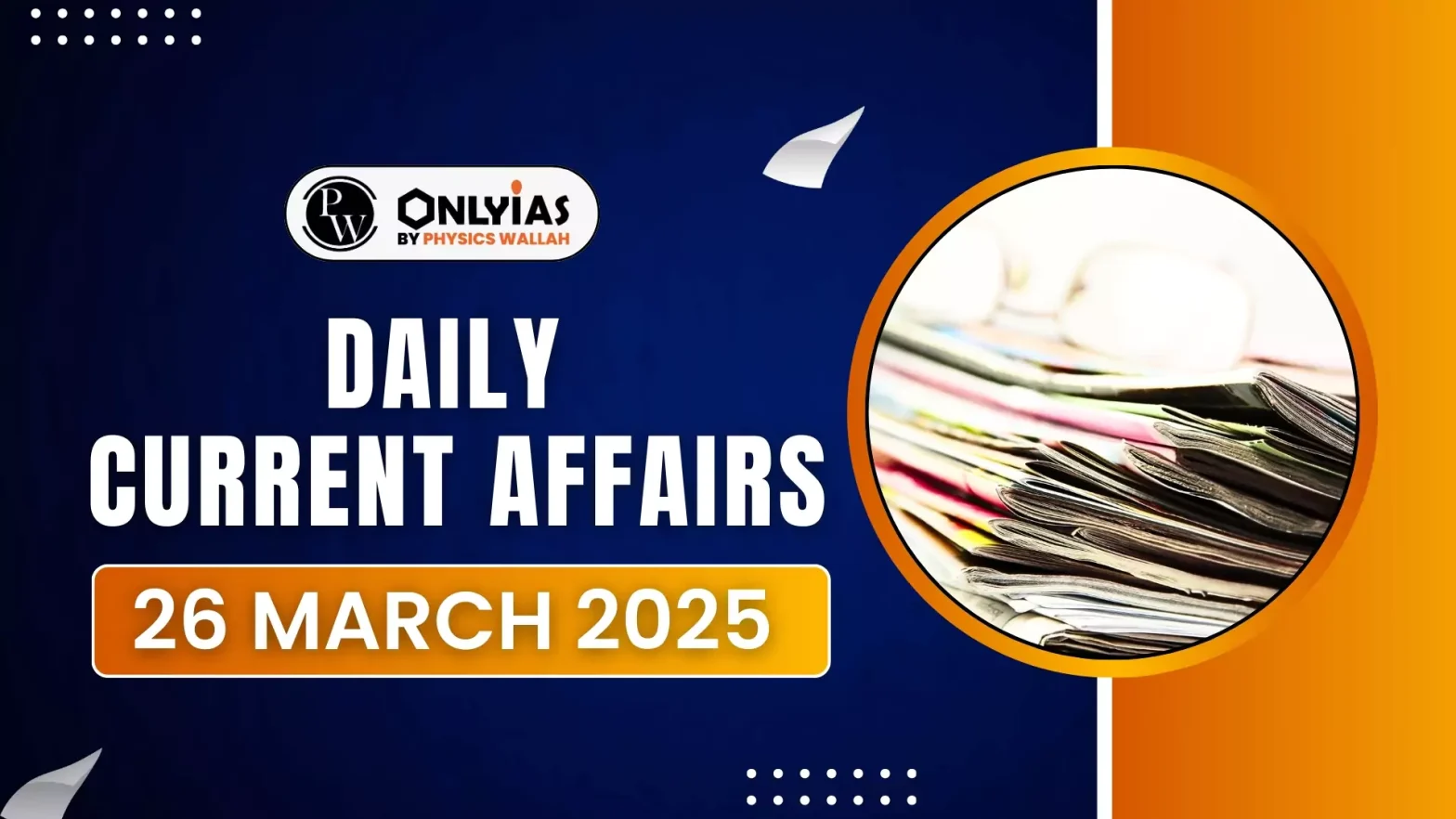The Financial Action Task Force (FATF) Private Sector Collaborative Forum (PSCF) 2025 will be held from 25th -27th March, 2025, in Mumbai.
- The forum is being hosted by the Reserve Bank of India (RBI) and the Department of Revenue, Ministry of Finance, Government of India, reaffirming India’s responsible leadership in global efforts to combat money laundering and terrorist financing.
About FATF Private Sector Collaborative Forum (PSCF) 2025
- The PSCF is an annual event that provides a critical platform for dialogue between FATF member countries, international organisations, and private sector stakeholders.
- Aim: To enhance the implementation of FATF’s Anti-Money Laundering and Counter-Terrorism Financing (AML/CFT) standards by fostering collaboration, exchanging best practices, and addressing emerging global challenges.
- The PSCF 2025 agenda reflects global priorities, including payment transparency, financial inclusion, and digital transformation of financial systems
About Financial Action Task Force
- An intergovernmental policy-making and standard-setting body, dedicated to combating money laundering and terrorist financing.
- Objective: To establish international standards and to develop and promote policies, both at national and international levels, to combat money laundering and the financing of terrorism.
- FATF develops and promotes policies across various countries and jurisdictions.
- Established in 1989 during the G7 Summit in Paris in response to a growing concern about money laundering.
- In 2001, Its mandate expanded to include terrorism financing.
- Headquarters: Paris, France.
- Members: FATF members include 39 members (Including 37 jurisdictions and 2 regional organizations (the Gulf Cooperation Council and the European Commission)
- India has been a member since 2010.
- Russia membership suspended on 24 February 2023
- To become a member:
- Country must be considered strategically important (large population, large GDP, developed banking and insurance sector, etc.),
- Must adhere to globally accepted financial standards
- Be a participant in other important international organizations.
About FATF ‘Grey list’ and ‘Blacklist’
- FATF Recommendations are recognised as Global anti-money laundering (AML) and counter-terrorist financing (CFT) standards.
- If a country repeatedly fails to implement FATF Standards, then it can be named a Jurisdiction under Increased Monitoring or a High-Risk Jurisdiction.
- These are often externally referred to as “the grey and black lists”.
- Grey List: Countries that are considered a safe haven for supporting terror funding and money laundering are put on the FATF grey list.
- This inclusion serves as a warning to the country that it may enter the blacklist.
- Black List: Countries known as Non-Cooperative Countries or Territories (NCCTs) are put on the blacklist.
- These countries support terror funding and money laundering activities.
- The FATF revises the blacklist regularly, adding or deleting entries.
- Three countries, North Korea, Iran, and Myanmar, are currently on FATF’s blacklist.
- Consequences of being on the FATF Blacklist:
- No financial aid is given to them by the International Monetary Fund (IMF), the World Bank, the Asian Development Bank (ADB), and the European Union (EU).
- They also face a number of international economic and financial restrictions and sanctions.
![]() 26 Mar 2025
26 Mar 2025
